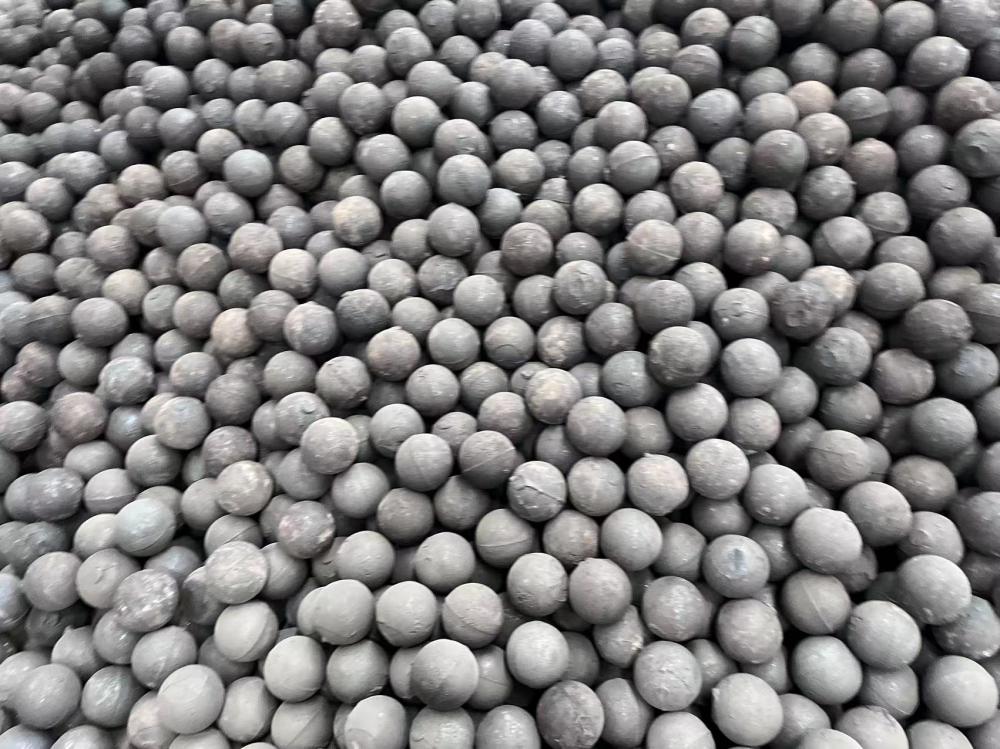In the process of raising beef cattle, many professional farmers tend to feed higher amounts of concentrate to speed up growth and improve weight gain. This often includes a significant quantity of high-quality protein feeds such as soybean meal, cottonseed cake, and peanut meal. While adding protein to the diet is not inherently wrong, it should be done according to the specific needs and conditions of the cattle. Overfeeding protein can lead to several problems. Cattle may not fully absorb or digest the excess, resulting in wasted feed, increased costs, and added stress on their digestive system, which could even lead to health issues. On the other hand, underfeeding protein can hinder growth and negatively affect both the fattening process and meat quality. Therefore, determining the right amount of protein is crucial for optimal results.
For calves that are being raised in a feedlot and weigh around 300 kg, the protein content in their diet can be between 10% to 13%. As they grow heavier, the proportion of protein feed can gradually be reduced. By the end of the fattening period, the protein content should be around 10% of the total diet.
Young yaks under three months old have an immature rumen and microbial population, which means their protein metabolism is more similar to that of monogastric animals. They cannot synthesize certain essential amino acids on their own. Therefore, when feeding yaks under three months, it's important to mix various protein sources, such as soybean meal and cottonseed cake. Combining different protein feeds helps balance the amino acid profile. For example, mixing soybean meal and cottonseed cake in a 1:1 ratio can be more effective than using either alone. Soybean meal is rich in lysine and tryptophan but lacks methionine, while cottonseed cake provides a complementary set of amino acids. Adding other protein-rich ingredients like bran or valerian powder can further enhance the nutritional value. During the early growth phase, yaks require a high amount of protein, with the protein feed making up about 20% of their diet.
Proper protein management is essential for healthy growth, efficient feed utilization, and high-quality meat production. Farmers should tailor their feeding strategies based on the age, weight, and stage of development of their cattle to ensure optimal performance.
Wear-resistant Ball Mill Steel Ball

Wear-Resistant Ball Mill Steel Ball,Chromium Steel Ball,Wear-Resistant Chrome Ball,Grinding Media
Xuzhou Surun wear-resistant material Co., LTD , https://www.suruntools.com
![<?echo $_SERVER['SERVER_NAME'];?>](/template/twentyseventeen/skin/images/header.jpg)